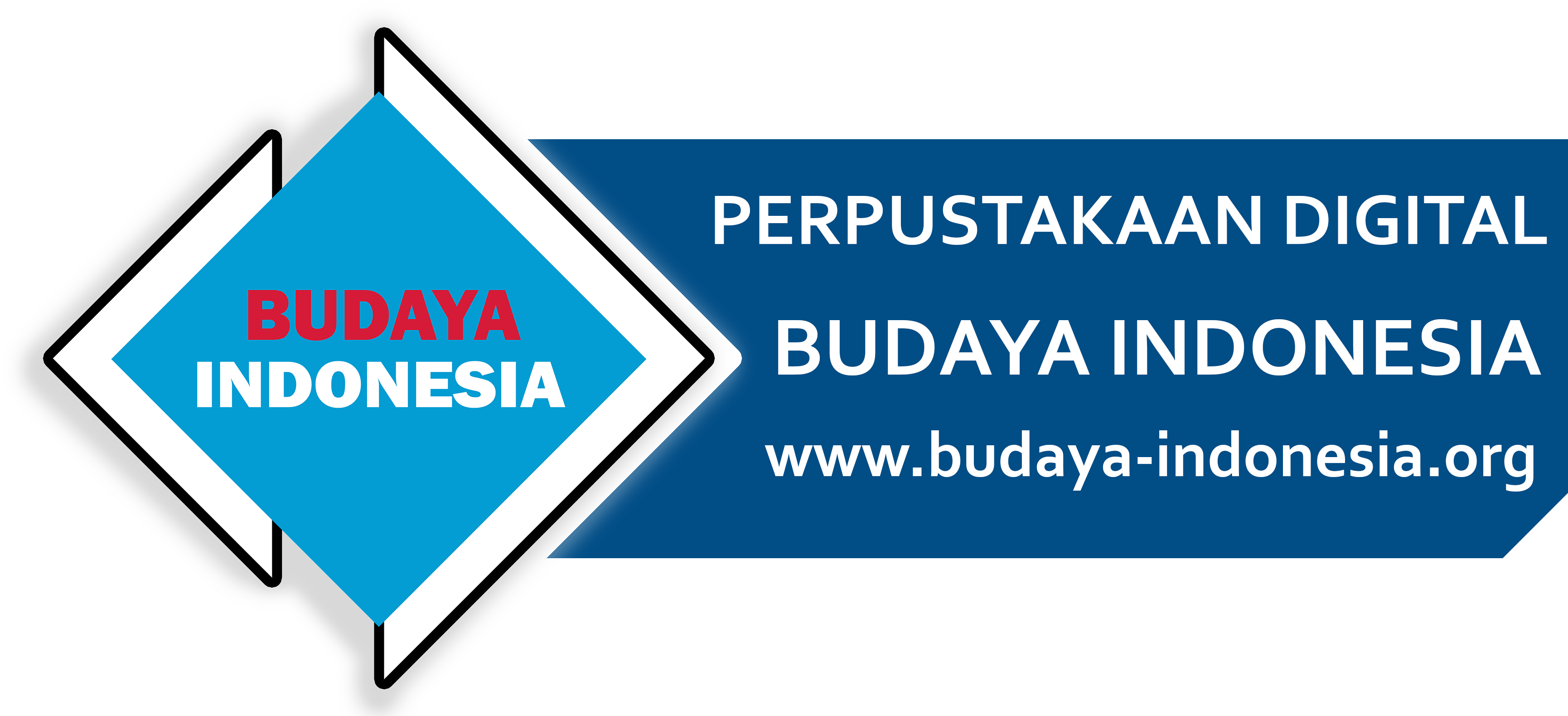Debus: A Spiritual and Cultural Heritage from the Archipelago
INFOBUDAYA.NET — Debus is a traditional Indonesian martial art that originates from Banten. However, Debus is more than just a physical performance or extreme entertainment. Behind the acts of piercing the body with sharp objects, walking on fire, or striking oneself without injury, Debus carries deep spiritual meaning and a long history within the cultural heritage of the archipelago.
Debus became known around the 16th century, during the reign of Sultan Maulana Hasanuddin, the first Sultan of Banten. It later developed as part of the spread of Islam in the Indonesian archipelago. Debus is heavily influenced by Sufi teachings, particularly the Rifa’iyah order, which emphasizes a close relationship between humans and God through remembrance (dhikr), spiritual practices, and physical discipline. Debus practitioners often undergo long periods of training—both physical and spiritual—guided by a teacher or spiritual mentor (murshid).
What makes Debus unique is the concept of physical invulnerability, which is believed to come not only from physical strength but also from spiritual readiness. Before performing, participants recite prayers, chant dhikr, and perform specific rituals to seek divine protection. Acts such as piercing the body with nails or sharp weapons, or burning the skin with fire, are performed calmly, as if the body is unaffected by pain. This relates to the Sufi concept that once a person has purified their heart and mastered their inner self, the body becomes an “empty vessel” untouched by harm.
The weapons used in Debus are not only tools but also symbols. Some are engraved with calligraphy representing the name of the Prophet Muhammad and the declaration of faith. Ancient manuscripts describe these weapons as being shaped in ways that reflect spiritual teachings such as “Martabat Tujuh”—a mystical doctrine describing the seven stages of human existence in relation to God. The use of these sacred tools in Debus performances signifies a deeper connection to the divine, beyond the mere physical act of the performance.
As a martial art, Debus is not solely about combat or defense. Its practitioners view it as a means of self-purification and discipline. The practice encourages the practitioner to develop control over their body, mind, and soul. Over time, the performers are said to develop a deep awareness of the world around them, including an enhanced ability to endure pain and overcome fear. This reflects a broader philosophical foundation that transcends physical action, promoting personal growth and the pursuit of spiritual enlightenment.
Over time, Debus has undergone significant changes. In the past, it was practiced as a form of worship, self-discipline, and spiritual strengthening. Today, many Debus performances are presented as cultural shows or public entertainment, and not all performers understand the spiritual meaning behind the art. Some only learn the physical techniques without engaging with the deeper teachings. However, there are still communities where Debus is practiced as part of spiritual rituals and events, often held during important cultural or religious occasions, preserving its connection to the original purpose.
Nevertheless, Debus remains an important part of Indonesia’s cultural heritage. It illustrates how Islam once harmonized peacefully with local traditions through an approach that respected existing cultural values. Debus is not only about strength or thrilling feats, but also about courage, inner resilience, and the connection between humans and the Divine.
As modernity and global cultural influences continue to shape Indonesian society, there is a growing concern about the preservation of traditional practices like Debus. It is important that the younger generations learn about Debus, not just as an impressive spectacle, but as a representation of the rich, spiritual, and cultural legacy of the archipelago. Through continued education and engagement, Debus can remain a living tradition, adaptable to the changing times while still holding on to its core values of discipline, spirituality, and respect for the divine. Preserving Debus means more than keeping the performance alive—it also means understanding the values and meanings behind it. Younger generations should be reintroduced to Debus not just as entertainment, but as a reflection of the spiritual and cultural identity of the archipelago. As Indonesia continues to celebrate its diverse cultures, Debus will remain a testament to the unique way in which martial traditions, spirituality, and culture have intertwined throughout history.
Reference:





Tidak Ada Komentar